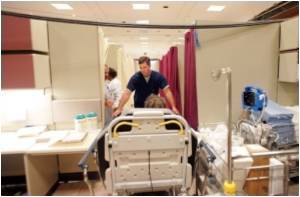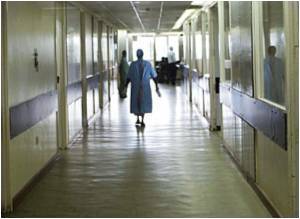Avoidable hospital readmissions are not an accurate indicator of quality of care, finds study in CMAJ.

Researchers looked at hospital readmission rates at 11 Ontario hospitals in five cities, including 6 teaching and 5 community hospitals. The study included 4812 patients admitted for with a broad range of illnesses. Of the discharged patients, 649 (13.5%) were readmitted through the emergency department after discharge. One hundred and four (16%) of these readmissions (2.2% of the total number) were deemed avoidable by physician peer review. Although readmission rates between hospitals varied significantly from 7.5% to 22.5%, hospitals did not vary significantly by avoidable readmission rates, questioning the use of urgent readmission rates to measure quality of care.
"The proportion of patients who had an urgent readmission was not associated with the proportion of patients who had an avoidable readmission," writes Dr. Carl van Walraven, Ottawa Hospital Research Institute, and colleagues.
"Urgent readmissions deemed potentially avoidable were relatively uncommon, comprising less than 20% of all urgent readmissions following hospital discharge. Hospital-specific proportions of patients who were readmitted were not related to proportions with a potentially avoidable readmission," write the authors.
These findings also indicate that measures to reduce readmissions must be multifaceted and be tailored to specific situations. The authors conclude that urgent readmission rates should only be used cautiously as a measure of quality of hospital care.
Source-Eurekalert








